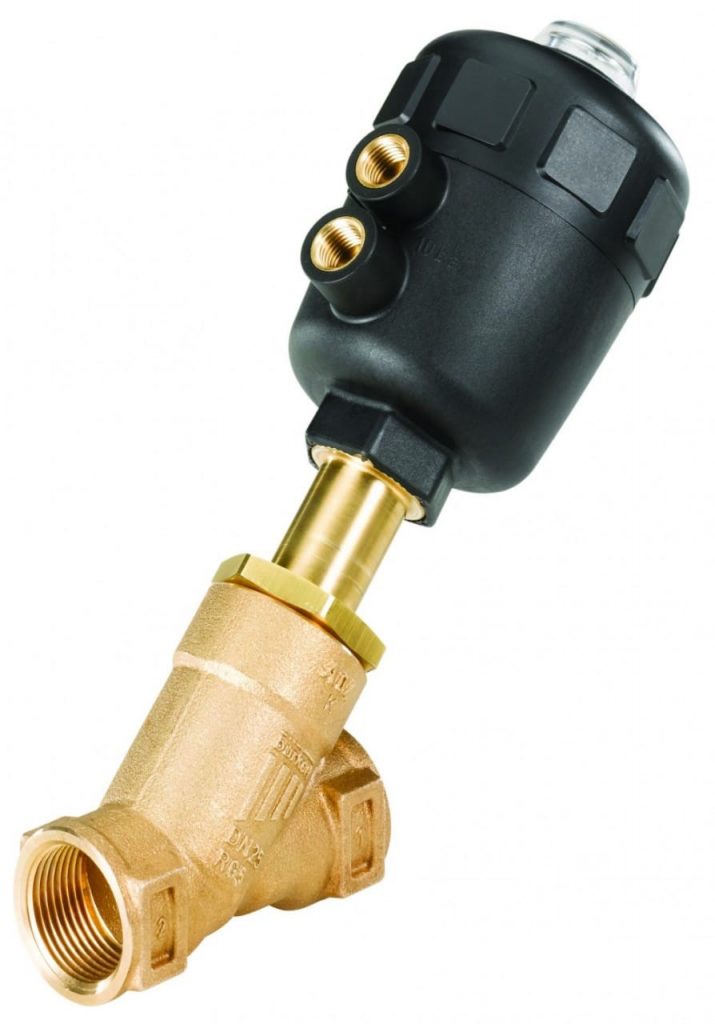Ball Valve Selection for Natural Gas Pipelines and Systems
Ball Valves for Gas Lines A Comprehensive Overview
Ball valves play an essential role in various industrial applications, especially in gas line systems. They are favored for their reliability, durability, and ability to provide a tight seal, making them ideal for controlling the flow of gas in pipelines. In this article, we will explore the key features, advantages, and considerations of using ball valves in gas line applications.
Understanding Ball Valves
A ball valve is a type of quarter-turn valve that uses a hollow, perforated sphere (the ball) to control the flow of fluid. The sphere is mounted on a shaft, and when the shaft is turned, the ball rotates within the valve body. When the hole in the ball is aligned with the flow direction, the valve is open, allowing gas to pass through. Conversely, when the ball is turned perpendicular to the flow, the valve is closed, stopping the flow completely.
Key Features of Ball Valves
1. Leakage Prevention One of the primary reasons for utilizing ball valves in gas lines is their ability to prevent leaks. The ball, when fully closed, creates a tight seal against the valve seat, minimizing the risk of gas escape. This feature is critical for safety in any gas infrastructure.
2. Operational Simplicity Ball valves are easy to operate. A simple quarter turn is all it takes to open or close the valve, which can be a significant advantage in emergency situations where rapid response is necessary.
3. Durability and Longevity Made from robust materials such as stainless steel, brass, or PVC, ball valves are built to withstand harsh conditions, including high-pressure and high-temperature environments. Their design reduces wear and tear, contributing to a longer operational life.
4. Versatility Available in various sizes and configurations, ball valves can be used in diverse applications beyond gas lines, including water, oil, and chemical processes. Their adaptability makes them a staple in numerous industries.
Advantages of Using Ball Valves in Gas Lines
1. Speed of Operation The design of ball valves allows for quick operation, which can be crucial for safety and efficiency in gas line applications. This characteristic is particularly important in emergency situations where gas leaks might occur.
ball valve for gas line

2. Low Torque Requirement Ball valves typically require less torque to operate compared to other valve types. This means that even manual operations can be performed with ease, reducing the risk of operator fatigue and contributing to better overall safety.
3. Minimal Pressure Drop Since the flow pathway in a ball valve is relatively unobstructed when open, they offer minimal pressure drop across the valve. This characteristic can result in improved system efficiency and energy savings.
4. Easy Maintenance Ball valves often have simple designs that make them easy to clean and maintain. In many cases, they can be serviced without removing them from the pipeline, reducing downtime and costs.
Considerations When Choosing Ball Valves for Gas Lines
When selecting ball valves for gas lines, several factors should be considered to ensure optimal performance
1. Material Selection The choice of material is vital, especially in corrosive environments or where extreme temperatures are involved. Stainless steel or specially coated valves may be necessary for specific applications.
2. Pressure and Temperature Ratings Ensure that the selected ball valve can handle the operational pressure and temperature of the gas system to avoid failures.
3. Size and End Connection Type Ensure the ball valve's size matches the diameter of the gas line, and consider the type of connection required—such as threaded, flanged, or welded connections.
4. Regulatory Compliance It is essential to check that the selected valves meet industry standards and local regulations concerning gas line applications. Compliance ensures safety and reliability in operations.
Conclusion
Ball valves are indispensable components in gas line systems, offering numerous advantages such as efficiency, durability, and safety. By understanding their features and carefully considering key aspects during selection, operators can enhance the performance and reliability of their gas distribution systems. As industries evolve and regulations tighten, the importance of high-quality valves in maintaining operational integrity and safety continues to grow.
-
3 types of check valves maintenance tipsNewsAug.23,2025
-
Ball valves types with trunnion mounted designNewsAug.23,2025
-
Butterfly valve company production capabilitiesNewsAug.23,2025
-
Fisher globe valve technical specificationsNewsAug.23,2025
-
Types of gaskets for flanges selection guideNewsAug.23,2025
-
Wedge gate valve suppliers quality standardsNewsAug.23,2025
-
Breakthrough in Domestic Low Temperature Valve Technology in ChinaNewsAug.18,2025




